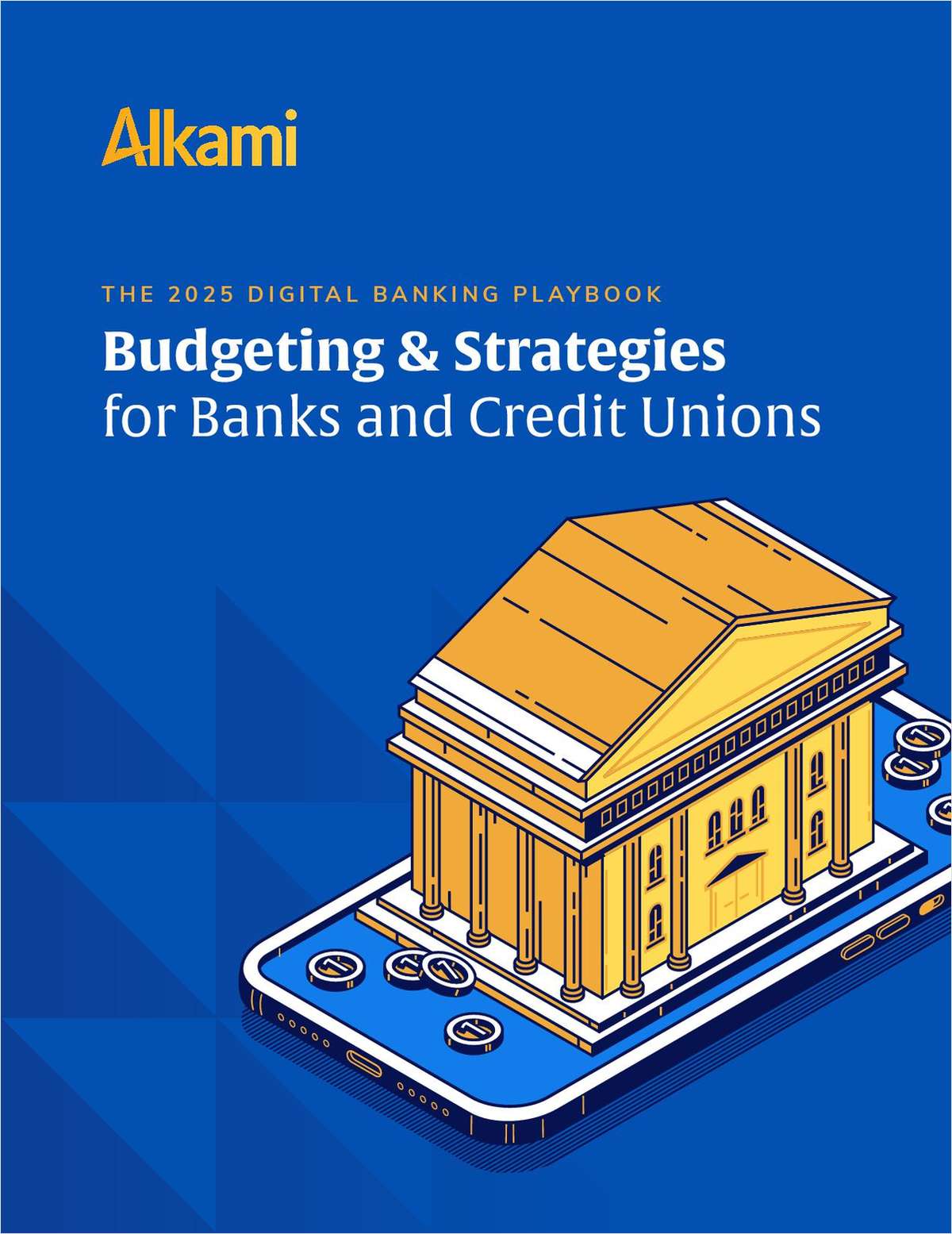WASHINGTON-CUNA has developed its Anti-Fraud Tool Kit to help protect credit unions and their members from entities posing as legitimate credit unions. After much back and forth with NCUA, NASCUS, the Department of Justice and the Federal Bureau of Investigation, CUNA has created its tool kit, available to CUNA members clicking the `tool box' on the trade association's home page or on `Hot Topics' from its regulatory advocacy page. Credit unions have been the target lately of fraudulent attempts to gain personal financial information from consumers. Entities have been advertising in newspapers and creating phony Web sites, luring consumers with promises for loans or to help clear up debt. Some consumers have experienced significant losses after sending in an advance fee as well as their personal information. "The purpose of the fraud tool kit is to help credit unions prevent this type of fraud," CUNA Assistant General Counsel Michelle Profit, who has been working on the project, explained. "It tells the credit union what they can do, how they can spot it. Once they spot it, how they can assist law enforcement in their investigations. And finally.it shows a lot of resources they could go to. It shows how they can help members who find themselves victims of this type of fraud." CUNA is also working with the Central Credit Union of Canada-authorities believe the offending entities are based in Canada-to set up a hotline so credit unions can investigate entities claiming to be Canadian credit unions. CUNA's tool kit advises that though advertisements for fake credit unions may appear legitimate, there are a few red flags that should stand out, like solicitations for consumers for free consultations by calling a toll free number or out-of-state credit unions advertising in a local newspaper. Credit unions still should check the legitimacy of these advertisements before reporting them. If a credit union's advertisement cannot be verified, credit unions should report it to NCUA's hotline locally at (703) 518-6550 or nationwide at (800) 827-9650; the FBI at (202) 324-6336 or the local field office; file a Suspicious Activity Report; and state chartered credit unions should report it to their state supervisor. CUNA's Anti-Fraud Tool Kit also provides useful ways to prevent fraud and how to help members who have been defrauded. [email protected]
Complete your profile to continue reading and get FREE access to CUTimes.com, part of your ALM digital membership.
Your access to unlimited CUTimes.com content isn’t changing.
Once you are an ALM digital member, you’ll receive:
- Breaking credit union news and analysis, on-site and via our newsletters and custom alerts
- Weekly Shared Accounts podcast featuring exclusive interviews with industry leaders
- Educational webcasts, white papers, and ebooks from industry thought leaders
- Critical coverage of the commercial real estate and financial advisory markets on our other ALM sites, GlobeSt.com and ThinkAdvisor.com
Already have an account? Sign In Now
© 2025 ALM Global, LLC, All Rights Reserved. Request academic re-use from www.copyright.com. All other uses, submit a request to [email protected]. For more information visit Asset & Logo Licensing.









